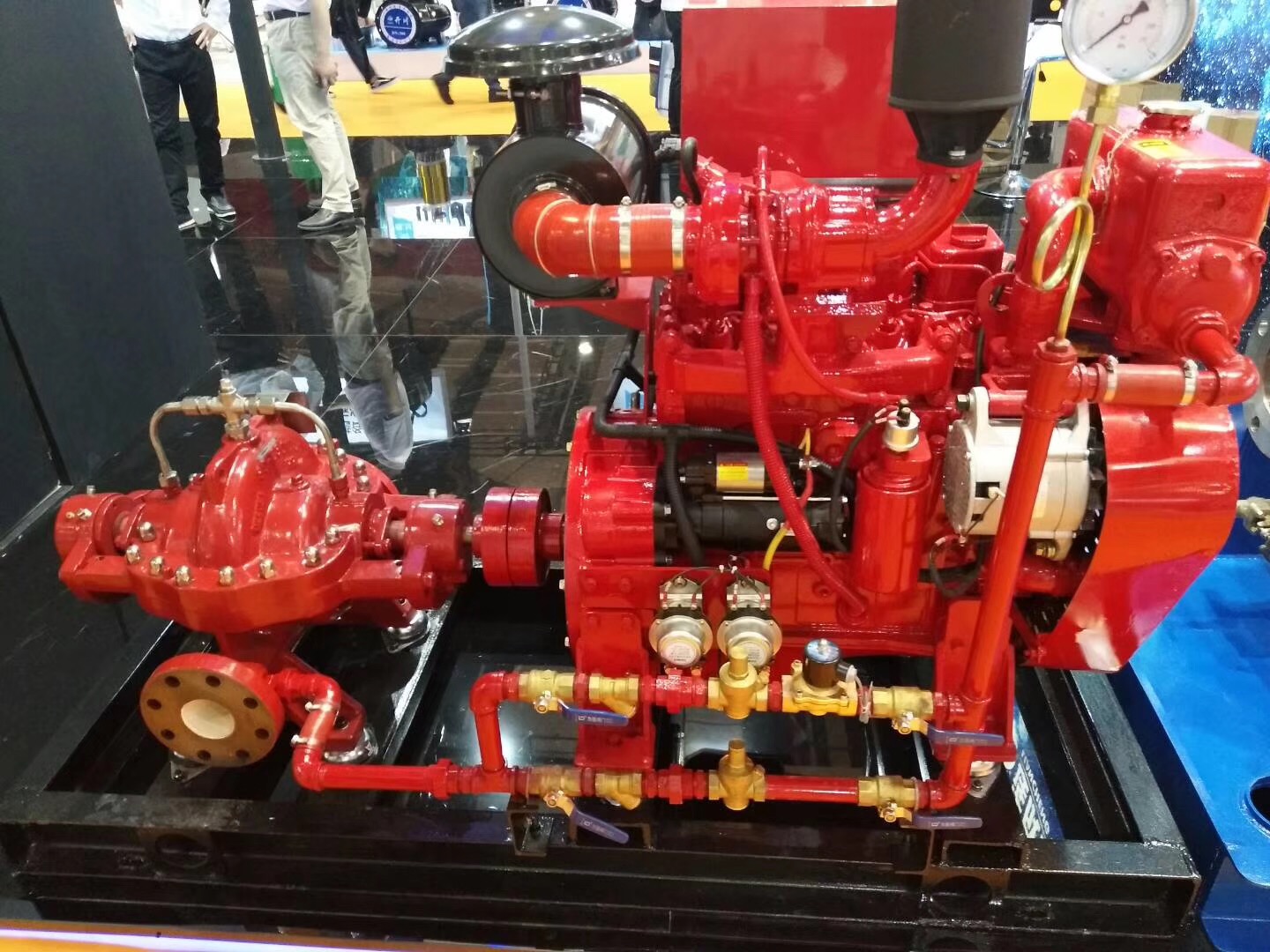English
- Afrikaans
- Albanian
- Amharic
- Arabic
- Armenian
- Azerbaijani
- Basque
- Belarusian
- Bengali
- Bosnian
- Bulgarian
- Catalan
- Cebuano
- Corsican
- Croatian
- Czech
- Danish
- Dutch
- English
- Esperanto
- Estonian
- Finnish
- French
- Frisian
- Galician
- Georgian
- German
- Greek
- Gujarati
- Haitian Creole
- hausa
- hawaiian
- Hebrew
- Hindi
- Miao
- Hungarian
- Icelandic
- igbo
- Indonesian
- irish
- Italian
- Japanese
- Javanese
- Kannada
- kazakh
- Khmer
- Rwandese
- Korean
- Kurdish
- Kyrgyz
- Lao
- Latin
- Latvian
- Lithuanian
- Luxembourgish
- Macedonian
- Malgashi
- Malay
- Malayalam
- Maltese
- Maori
- Marathi
- Mongolian
- Myanmar
- Nepali
- Norwegian
- Norwegian
- Occitan
- Pashto
- Persian
- Polish
- Portuguese
- Punjabi
- Romanian
- Russian
- Samoan
- Scottish Gaelic
- Serbian
- Sesotho
- Shona
- Sindhi
- Sinhala
- Slovak
- Slovenian
- Somali
- Spanish
- Sundanese
- Swahili
- Swedish
- Tagalog
- Tajik
- Tamil
- Tatar
- Telugu
- Thai
- Turkish
- Turkmen
- Ukrainian
- Urdu
- Uighur
- Uzbek
- Vietnamese
- Welsh
- Bantu
- Yiddish
- Yoruba
- Zulu
Telephone: +86 13120555503
Email: frank@cypump.com
Sep . 24, 2024 21:12 Back to list
Efficient Solutions for Sewer Pump Systems in Wastewater Management and Treatment
Understanding Sewer Pump Systems An Essential Component of Waste Management
Sewer pump systems play a crucial role in maintaining effective wastewater management in both residential and commercial settings. These systems are designed to transport sewage from lower elevations to higher ones, ensuring that wastewater can reach treatment facilities without being hindered by gravity. By understanding how these systems work, homeowners and facility managers can appreciate their importance in modern sanitation.
At the heart of a sewer pump system is the pump itself, which can be either a simplex or duplex configuration. A simplex system consists of a single pump, while a duplex system incorporates two pumps working together. The latter is often preferred in larger facilities or in applications where a consistent flow is vital, as it provides backup in case one pump fails. The pumps are typically submersible, meaning they are installed below the wastewater level in a sump basin. This design allows for efficient operation, as the pumps can handle solids and other debris without clogging.
The operation of sewer pumps is triggered by a float switch, which rises and falls with the water level in the sump basin. When the water level reaches a certain height, the float switch activates the pump, sending wastewater through a discharge line and into the sewer main or treatment facility. This automatic process helps prevent sewage backups and overflows, which can be both hazardous and costly.
sewer pump systems

Maintenance is key to ensuring the longevity and efficiency of sewer pump systems. Regular inspections should include checking the pump's condition, cleaning the sump basin, and verifying that the float switch is functioning correctly. Any signs of wear or unusual noises should be addressed promptly to avoid unexpected failures. Additionally, educating the users about what can and cannot be flushed down toilets can significantly reduce the risk of clogs and pump damage.
In urban areas, sewer pump systems are integral to managing the high volumes of wastewater generated daily. They help protect public health and the environment by ensuring that sewage is transported efficiently and safely. With the continued growth of urban populations, the demand for effective sewer management systems is expected to rise.
In conclusion, sewer pump systems are a vital aspect of infrastructure, facilitating the safe and efficient transport of wastewater. Understanding their function and maintenance not only ensures effective wastewater management but also contributes to a cleaner and healthier environment for all. Investing in quality pump systems and regular upkeep can lead to significant long-term benefits for both households and communities.
-
ISG Series Vertical Pipeline Pump - Chi Yuan Pumps Co., LTD.|High Efficiency, Energy Saving, Low Noise
NewsJul.30,2025
-
ISG Series Vertical Pipeline Pump- Chi Yuan Pumps|High Efficiency&Low Noise
NewsJul.30,2025
-
ISG Series Vertical Pipeline Pump-Chi Yuan Pumps Co., LTD.|High Efficiency&Energy Conservation
NewsJul.30,2025
-
ISG Series Vertical Pipeline Pump - Chi Yuan Pumps Co., LTD.|Advanced Hydraulic Design&Energy-Efficient Solutions
NewsJul.30,2025
-
ISG Series Vertical Pipeline Pump - Chi Yuan Pumps Co., LTD.
NewsJul.30,2025
-
ISG Series Vertical Pipeline Pump - Chi Yuan Pumps Co., LTD.|energy-efficient fluid handling&industrial durability
NewsJul.30,2025










